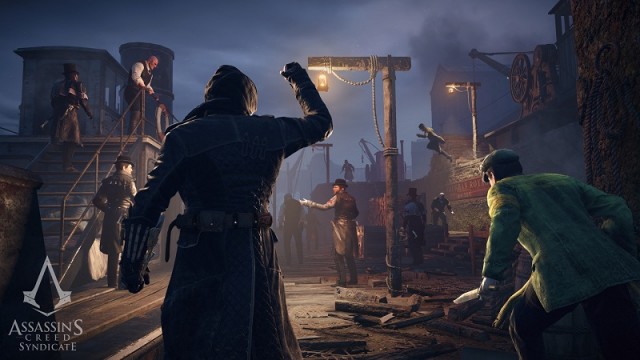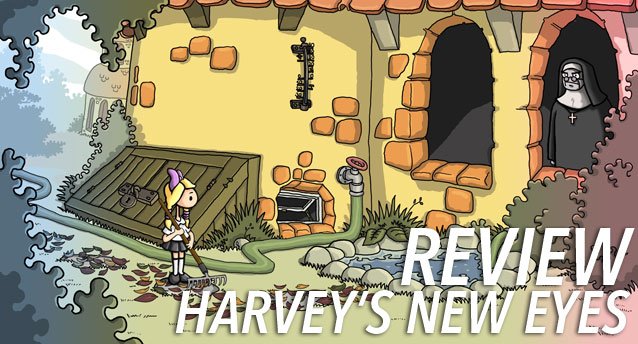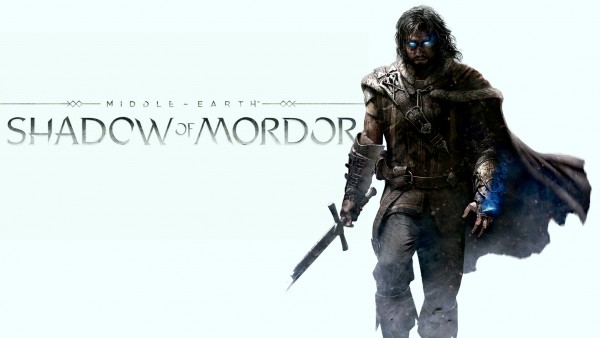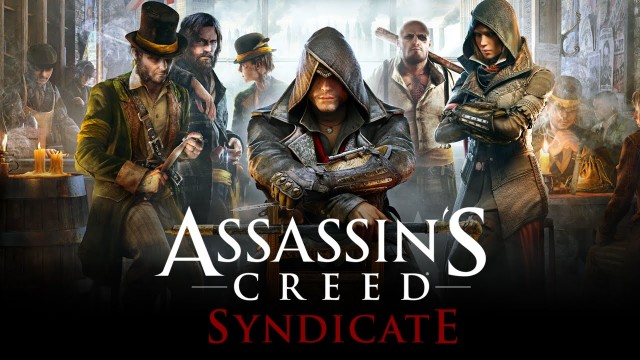

That Yakuza 4 has been released stateside alone is a miracle. In Japan, it's popular enough to warrant a branded Twitter app. Over here? Not so much. Far from a household name on these shores, the Yakuza series is, to be a tad reductive for those unfamiliar, Japan's version of Grand Theft Auto - but not really. Not quite an open-world sandbox game, though darn close, Yakuza has earned a rabid fan base due to its compelling stories written by crime novelists like Hase Seishu, dovetailed with Virtua Fighter-like brawls. Those are the key components, along with the bustling Japanese cityscapes the games take place in - "Japanese" being the operative word here.
Yakuza 4 is no different in that regard, though it drastically bucks tradition by adding three new playable characters whose tales compose the first three quarters of the game. Their stories within the criminal underworld - and how a murder at a tranny strip club ripples out to the entire city - all fit together unexpectedly in the end, giving a greater significance to your actions when you're finally allowed to control series protagonist Kazuma Kiryu again. Each character’s different fighting styles and narratives take a while to warm up to, but it's refreshing to see a bold move so late into a series' life. (Though the spinoff follow-up, Yakuza of the End, suggests the series will play it safe, but also very crazily, by introducing packs of roving zombies to Japan.) What is a bit frustrating, though, is leveling up a character over about 10 hours, only to be dumped into another character's world, and starting over with no items at level 1.
And though much of each of their worlds take place within the same city, their paths and reasons for getting there are all distinctly different. There's Taiga Saejima, a prisoner who escaped to evade his death sentence and seek revenge on those who framed him, who must sneak around at all times. There's Masayoshi Tanimura, a corrupt cop so dangerous his superiors can't interfere with his actions. Also new is charming loan shark/club owner with a heart of gold Shun Akiyama, who sincerely wants to improve people's lives with his loans but also has a mysterious path. All of their stories might trade in well-worn clichés, but there's so much character development and examination of why people operate on the wrong side of the tracks, but aren't necessarily evil, that it hardly feels like familiar terrain.
Like its predecessors, Yakuza 4 takes place in Kamurocho, a reimagining of the real-world Shinjuku's red-light district. It's the Yakuza 3 iteration of Kamurocho, though massively fleshed out with the addition of rooftops, sewers, and back streets. The city might not have gotten any bigger, but it's a lot deeper with more to explore. It also has different attractions and activities specific to each of the game's four protagonists: hulking yakuza Saejima can train fighters at a dojo in a fully formed Pokémon-esque minigame and Akiyama can train his hostesses on how to speak with clients. But the fact of the matter is, there's no shortage of things for anyone to do in Yakuza 4. It's easy to get sidetracked and suddenly obsessed with playing ping-pong, hitting the batting cages, singing karaoke, or perfecting your putt.
Unlike its predecessors - specifically Yakuza 3, which last year controversially excised elements thought to be "too Japanese" for Western audiences like hostess clubs, scouting girls to join said clubs, sections heavy on Japanese historical trivia, and so on - Yakuza 4 makes no concessions for Western audiences. Back are the hostess clubs and everything else us lazy, xenophobic Americans might not "get."
Depending on how open-minded you are and your familiarity with the series, this unchanged entry is either cause to celebrate or a chance to test how much your sensibilities (and attention span) can be challenged. Though it's a huge, easily 90-hour game to experience everything, you'll spend a good chunk of that reading text boxes and watching cutscenes. Some of the latter are skippable, and as Yakuza 4 wears on, they start to feel truly optional since they often wind up with person X betraying person Y or with an unforeseen street fight. That formula doesn't change often, and hasn't over the run of the series.
That's not to say this story is boring - just predictable - and falls into repetitive holding patterns. Funnily enough, though, in a game this massive the main story is the least of what you'll spend your time on. There are innumerable detours that crop up even when you think you're going where you should be. The more memorable ones include seeking out some jerk who sends you spam e-mail, finding milk for a sick kitty a group of homeless guys are caring for, and getting the perfect rubdown at massage parlors. You'll never be without something to do in Yakuza 4 long after the game is "done."
Unfortunately, that unbridled freedom stands in direct opposition to Yakuza 4's facets that have refused to evolve. In Grand Theft Auto IV, Niko could get cell-phone calls while on the go. In Yakuza 4, if you get a call, you're stuck standing there, button-mashing past each text box. Not only that, but you'll sometimes get multiple calls back to back, and while it's nice to be popular, nicer still would be granted the magical ability to ambulate while chatting.




 Battlefield 3 – Back To Karkand DLC Guide
Battlefield 3 – Back To Karkand DLC Guide How to get Middle-earth: Shadow of Mordor The Black Gate, Iron Shackle, Uldun Foothills and more Artifacts, Location Guide
How to get Middle-earth: Shadow of Mordor The Black Gate, Iron Shackle, Uldun Foothills and more Artifacts, Location Guide The Witness Wiki – Everything you need to know about the game .
The Witness Wiki – Everything you need to know about the game . Metal Gear Solid V: Ground Zeroes Walkthrough : Campaign and Side Ops Missions
Metal Gear Solid V: Ground Zeroes Walkthrough : Campaign and Side Ops Missions Top 5 Assassin's Creed Syndicate Tips For Beginner's To Master The Game
Top 5 Assassin's Creed Syndicate Tips For Beginner's To Master The Game